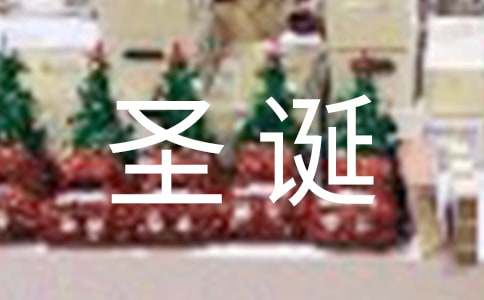圣誕老人英語(yǔ)小作文
On the night before Christmas, all across the world, millions of children will be tucked in their beds while visions of sugarplums dance in their heads. When they awake they will check their stockings to see if Santa Claus has come.

Santa Claus has become the most beloved of Christmas symbols and traditions. The image of the jolly old elf flying in a sleigh pulled by reindeers and leaving toys and gifts for every child is know worldwide.
Just like the season of Christmas, the history of the origins of Santa Claus is influenced by the customs and cultures of many countries, beginning in Asia Minor sometime around the 4th century AD. It was here that Bishop Nicholas became renowned for his exceptional generosity, especially to the very young. Many years later he became known as Saint Nicholas, the patron saint of children.
As time went on, adults began to dress in the manner of Saint Nicholas, dressed in Bishops vestments and carrying a staff., to re-enact the kindness of the saint. They went from house to house, asking if the children who lived there had been well behaved. In response to these visits, the children left their shoes outside the doors of their houses so that next morning they might find them filled with sweets and trinkets.
An Anglo-Saxon version eventually evolved and was known as Father Christmas. His character was a mixture of the Saint Nicholas and earthly perceptions of the gods Thor and Saturn. He wore robes decorated with ivy and holly and carried a switch to threaten unruly children, as well as a bag of toys to reward the well behaved.
【圣誕老人英語(yǔ)小作文】相關(guān)文章:
圣誕老人的小故事英語(yǔ)作文09-04
圣誕老人的由來(lái)傳說(shuō)英語(yǔ)作文01-13
圣誕老人英語(yǔ)怎么說(shuō)02-08
英語(yǔ)小作文01-22
英語(yǔ)小作文12-28
圣誕老人作文05-12
圣誕老人作文03-11